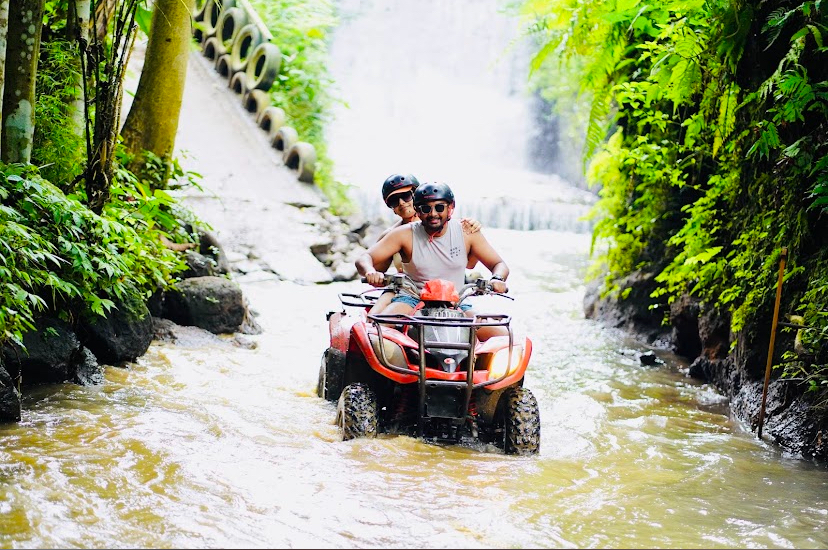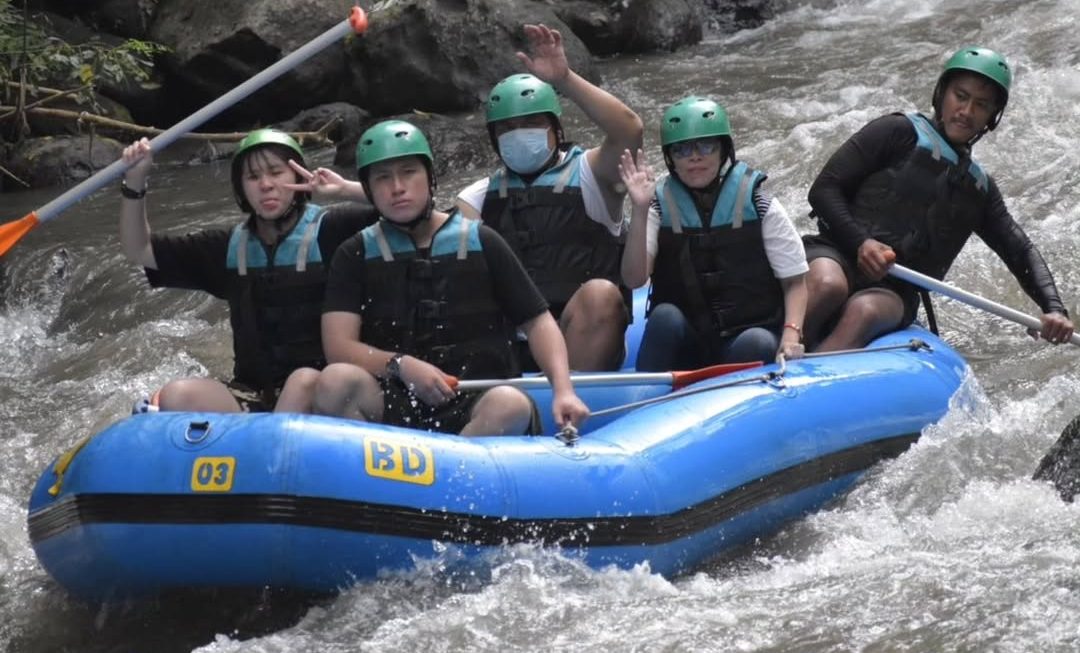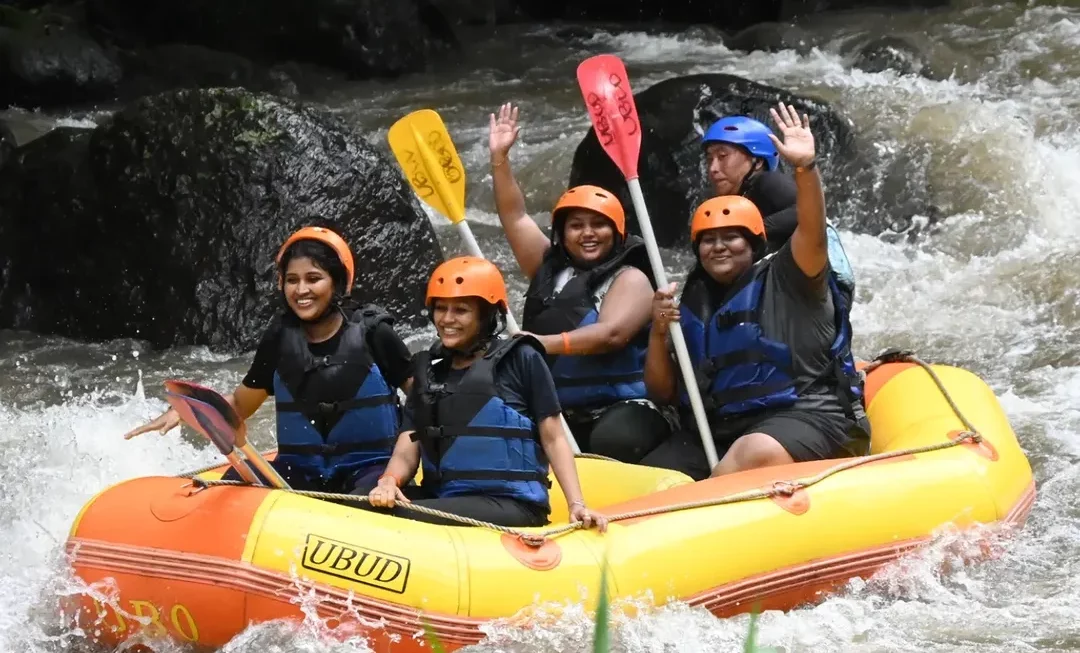How To Plan The Perfect Outdoor Camping Trip
Camping is a fantastic way to connect with nature, escape the hustle and bustle of daily life, and create unforgettable memories. Whether you’re a seasoned camper or a first-timer, planning the perfect trip can make all the difference in ensuring a safe, enjoyable, and fulfilling experience. This comprehensive guide will walk you through everything you need to know, from choosing the ideal camping spot to setting the mood for a truly unforgettable adventure.
Choosing the Perfect Camping Spot
The first step in planning any camping trip is deciding where you want to go. This crucial decision sets the tone for the entire adventure, so take your time and consider your priorities.
Finding the Ideal Location
Think about the type of experience you’re looking for. Are you seeking a remote wilderness escape, a family-friendly campground with amenities, or a place with specific activities like hiking or fishing? Once you know what you’re after, research destinations that align with your preferences.
Campgrounds vs. Wilderness Camping
Campgrounds offer convenience and amenities, including restrooms, water sources, picnic tables, and fire rings. They are ideal for families, beginners, or those who prefer a more structured setting.
Wilderness camping, on the other hand, offers a more immersive and secluded experience. You’ll need to be self-sufficient and prepared for more challenging conditions. However, the reward is a deeper connection with nature and the thrill of venturing off the beaten path.
Researching Permits and Reservations
Many popular camping areas require permits or reservations, especially during peak seasons. Research the specific location you’re interested in and book your spot well in advance to avoid disappointment. Be sure to check for any fees, rules, and regulations that apply to the campsite.
Packing Essentials
Packing for a camping trip requires careful consideration of your needs and the specific conditions you’ll face. You want to pack light, but also ensure you have everything you need for a comfortable and safe stay.
Gear Checklist for a Comfortable Stay
- Tent: Choose a tent that is the right size for your group and provides adequate protection from the elements.
- Sleeping bag and sleeping pad: Select a sleeping bag with a temperature rating appropriate for the season and a comfortable sleeping pad for insulation and support.
- Backpack: Invest in a durable and comfortable backpack that can carry all your gear.
- Cooking gear: Pack a camp stove, fuel, pots, pans, utensils, and a camp knife.
- Headlamp or flashlight: A reliable light source is essential for nighttime activities and emergencies.
- First aid kit: A well-stocked first aid kit is crucial for treating minor injuries and illnesses.
Clothing for All Weather Conditions
Pack layers of clothing for varying temperatures and weather conditions. Remember that temperatures can drop significantly at night, even in warm climates.
- Waterproof jacket: A waterproof jacket will keep you dry during rain or snow.
- Warm layers: Include a fleece jacket, wool sweater, or down jacket for warmth.
- Hiking boots: Sturdy hiking boots provide support and protection for your feet.
- Warm hat and gloves: Essential for staying warm in cold weather.
Food and Water Planning
Plan your meals in advance and pack non-perishable food items like canned goods, dried fruit, nuts, and granola bars. Remember to pack enough water for your entire trip, and consider bringing a water filter or purifier if you plan to use natural water sources.
Planning Your Activities
While camping is about relaxing and enjoying nature, it’s also a great opportunity to engage in various activities that enhance your experience.
Hiking Trails and Scenic Views
Research nearby hiking trails and plan some excursions to explore the surrounding area. Choose trails appropriate for your fitness level and pack hiking essentials like water, snacks, and a map.
Water Activities and Fishing
If you’re camping near a lake or river, take advantage of the opportunity for water activities like swimming, kayaking, or fishing. Remember to bring appropriate safety gear and follow local regulations.
Campfire Stories and Nighttime Fun
Gather around the campfire in the evening and share stories, play games, or stargaze. Remember to use caution when handling fire and follow campsite rules regarding fire safety.
Safety and Emergency Preparedness
Safety should be a top priority during any camping trip. Take steps to mitigate potential risks and prepare for emergencies.
First Aid Kit Essentials
Make sure your first aid kit contains essential supplies like bandages, antiseptic wipes, pain relievers, antihistamines, and a basic medical guide.
Weather Monitoring and Preparation
Stay informed about weather forecasts before and during your trip. Be prepared for unexpected changes and pack appropriate clothing and gear.
Bear Safety and Wildlife Awareness
Learn about bear safety protocols for the area you’re visiting. Store food properly, avoid attracting bears, and be aware of your surroundings. Respect all wildlife and keep a safe distance.
Leave No Trace Principles
It’s crucial to minimize your impact on the environment and leave the campsite as you found it. Follow Leave No Trace principles to protect the natural beauty and resources of the outdoors.
Minimizing Your Impact on the Environment
Pack out everything you pack in, including trash, food scraps, and toilet paper. Use designated campgrounds and stay on designated trails to minimize disturbance to vegetation.
Proper Waste Disposal and Campsite Cleanup
Dispose of waste properly in designated receptacles or pack it out with you. Clean up your campsite before leaving, leaving no trace of your presence.
Respecting Wildlife and Nature
Observe wildlife from a safe distance and avoid feeding them. Respect the natural environment and avoid disturbing plants or wildlife.
Budgeting and Cost Considerations
Camping trips can vary significantly in cost depending on your choices and preferences. Consider the following factors when budgeting for your trip.
Gear Rental vs. Purchase
If you’re a beginner, renting gear might be a more cost-effective option. However, if you plan to camp frequently, investing in quality gear can be a worthwhile investment in the long run.
Food and Fuel Expenses
Plan your meals in advance and pack non-perishable items to save money. Consider bringing a camp stove and fuel to cook meals instead of relying solely on campfire cooking.
Travel and Permit Costs
Factor in travel expenses like gas or airfare, as well as permit fees for campsites.
Setting the Mood
Camping is more than just sleeping in a tent. It’s about creating a relaxing and enjoyable atmosphere that allows you to fully embrace the natural surroundings.
Choosing the Right Music and Atmosphere
Bring a portable speaker and create a playlist of relaxing music that sets the mood for your camping experience.
Creating a Cozy and Relaxing Campsite
Set up your campsite with comfort in mind. Bring comfortable chairs, a lantern, and decorative elements to create a cozy and inviting space.
Enjoying the Simplicity of Nature
Disconnect from technology and immerse yourself in the simplicity of nature. Enjoy the sounds of birdsong, the rustling of leaves, and the beauty of the surrounding landscape.
FAQs:
- Q: What are some good camping resources for beginners?
- A: There are numerous resources available online and in libraries, including websites like REI, National Parks Service, and the Leave No Trace Center for Outdoor Ethics.
- Q: What are some essential items for a first-aid kit?
- A: Include bandages, antiseptic wipes, pain relievers, antihistamines, a basic medical guide, and any specific medications you might need.
- Q: How can I protect myself from bears while camping?
- A: Store food properly in bear-resistant containers, avoid cooking or eating in your tent, and be aware of your surroundings.
- Q: What are some tips for cooking over a campfire?
- A: Use a sturdy grate or tripod to elevate your cookware, gather dry wood for a good fire, and practice fire safety.
Remember, planning is key to a successful and enjoyable camping trip. By taking the time to consider your needs, research your destination, pack wisely, and prioritize safety, you’ll be well on your way to creating unforgettable outdoor memories. Embrace the simplicity of nature, appreciate the beauty around you, and enjoy the serenity of a well-planned camping adventure.


